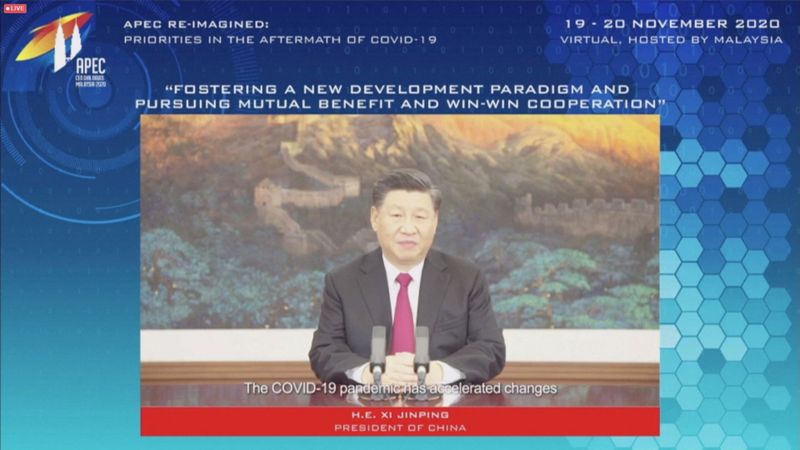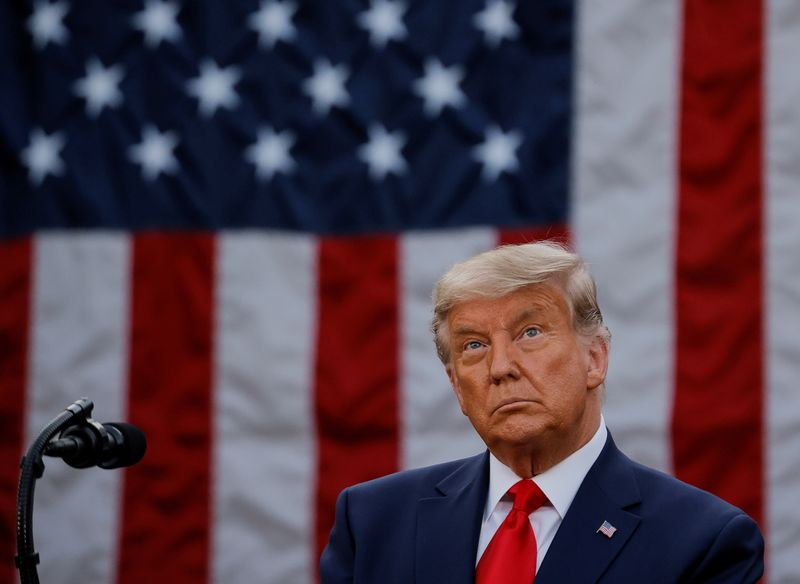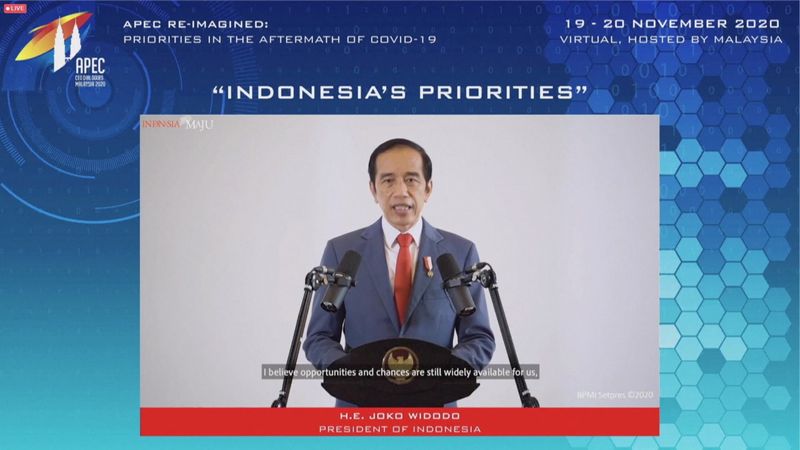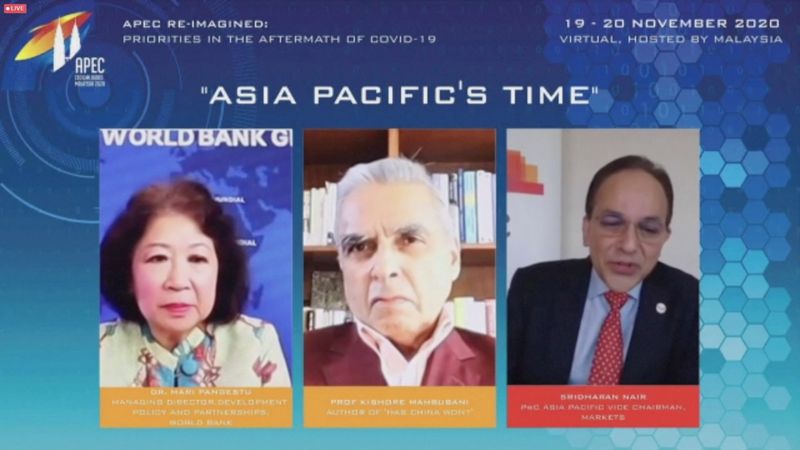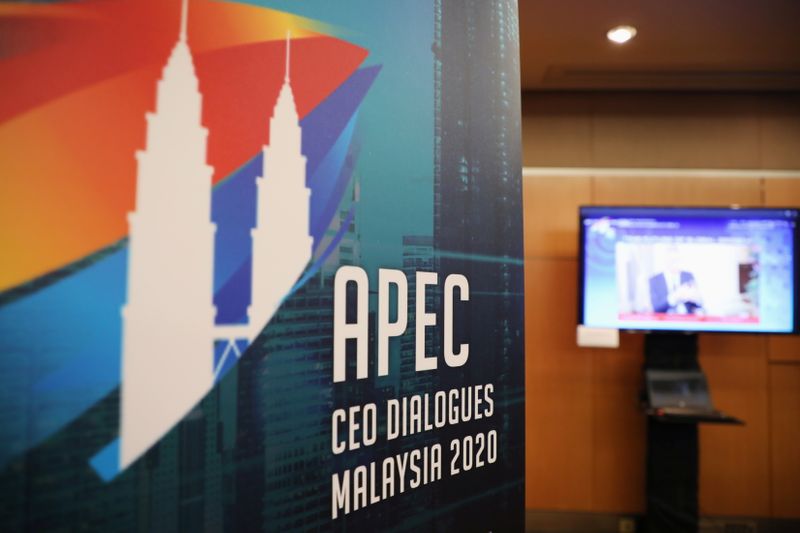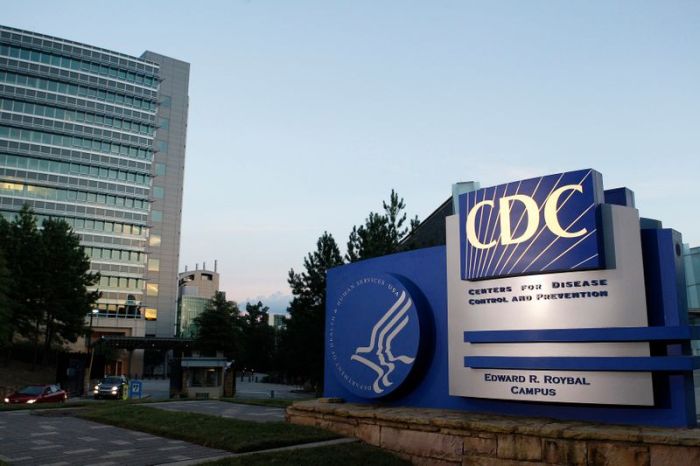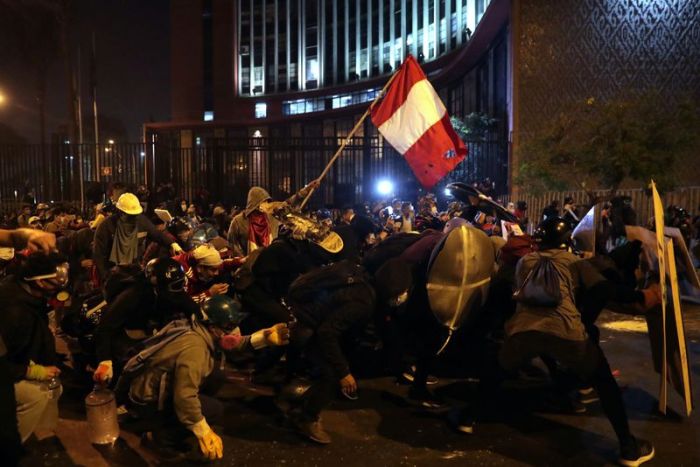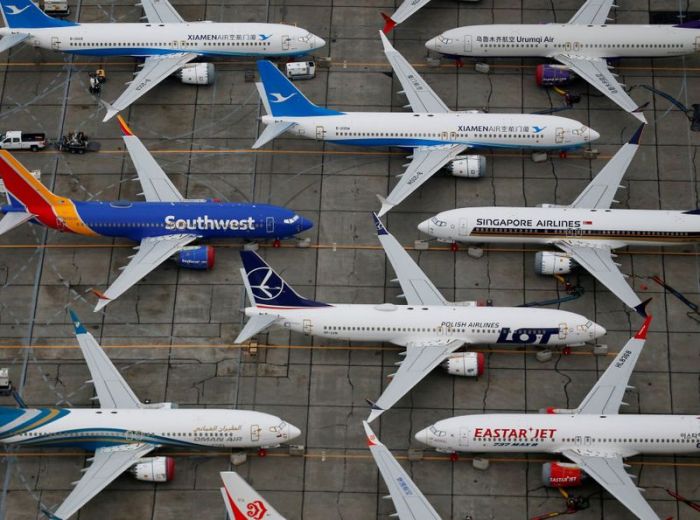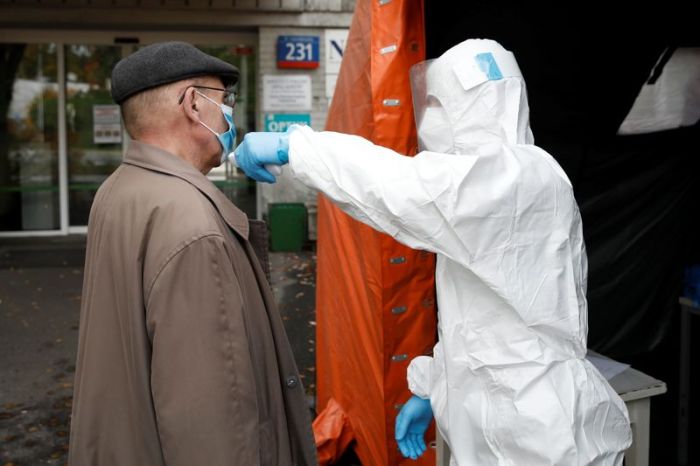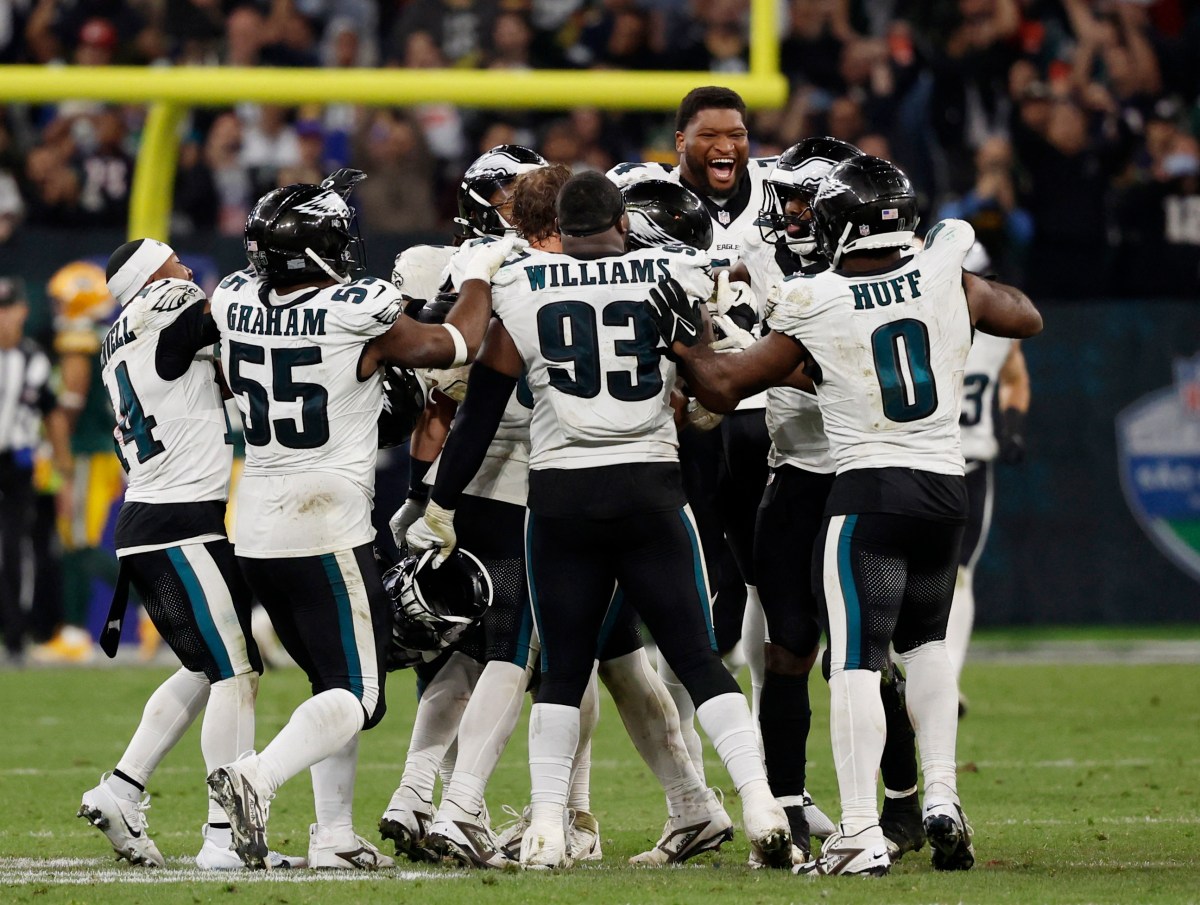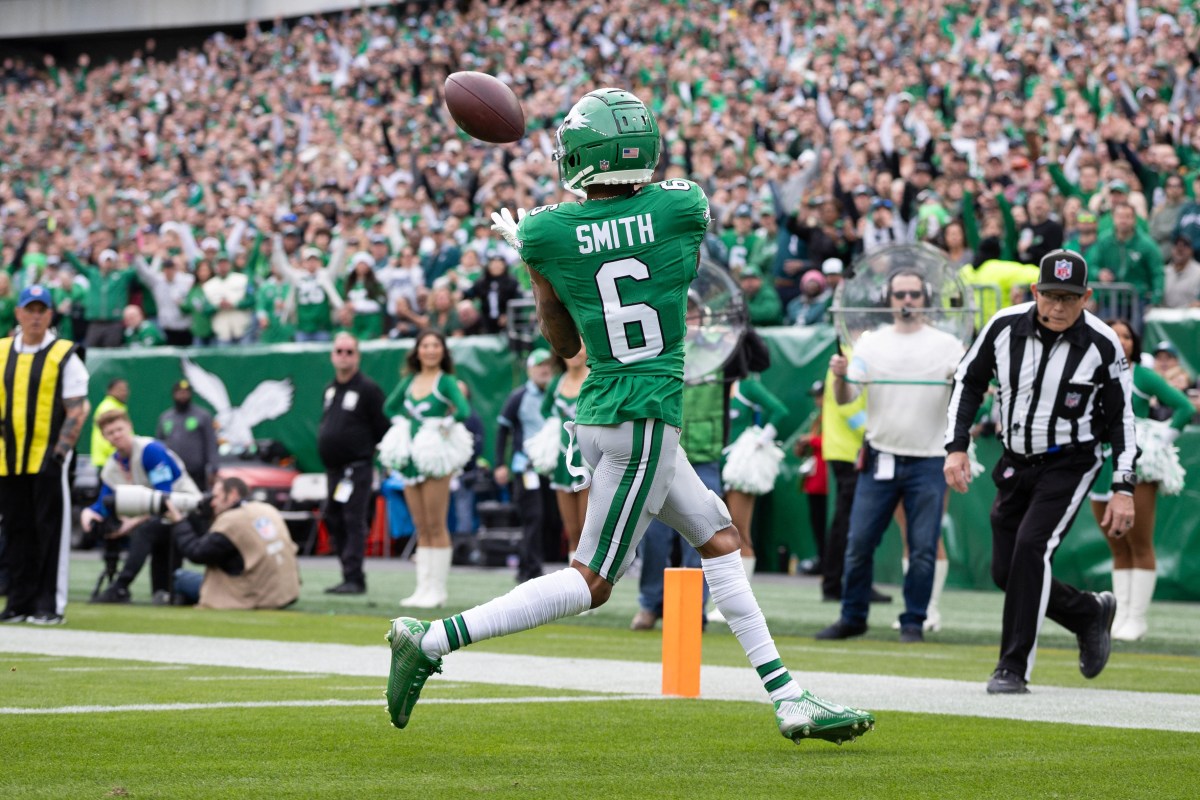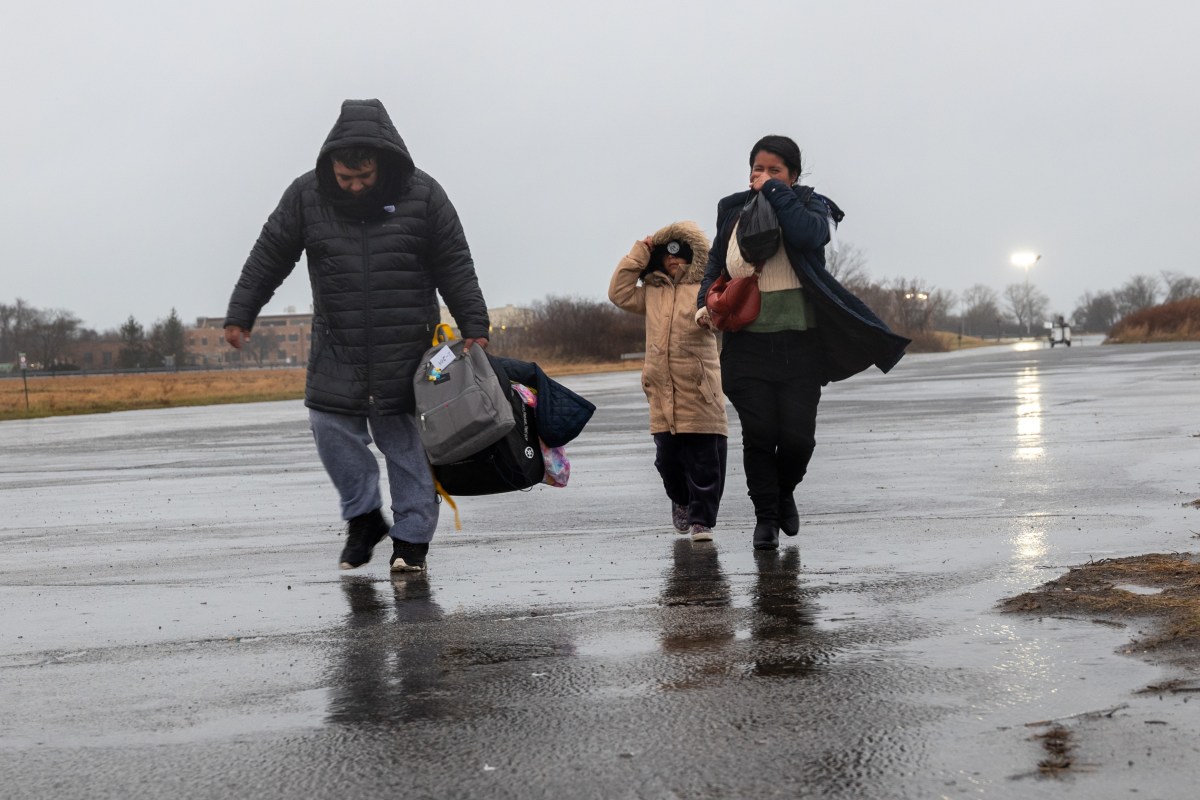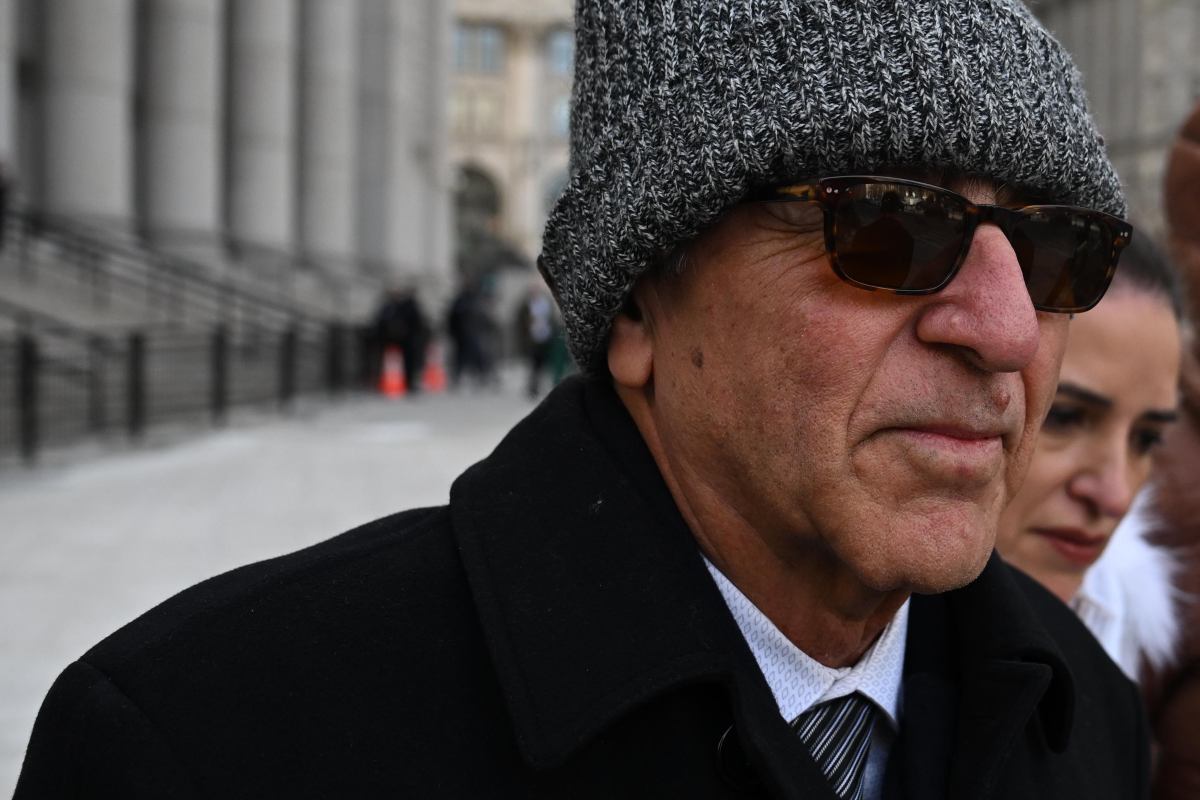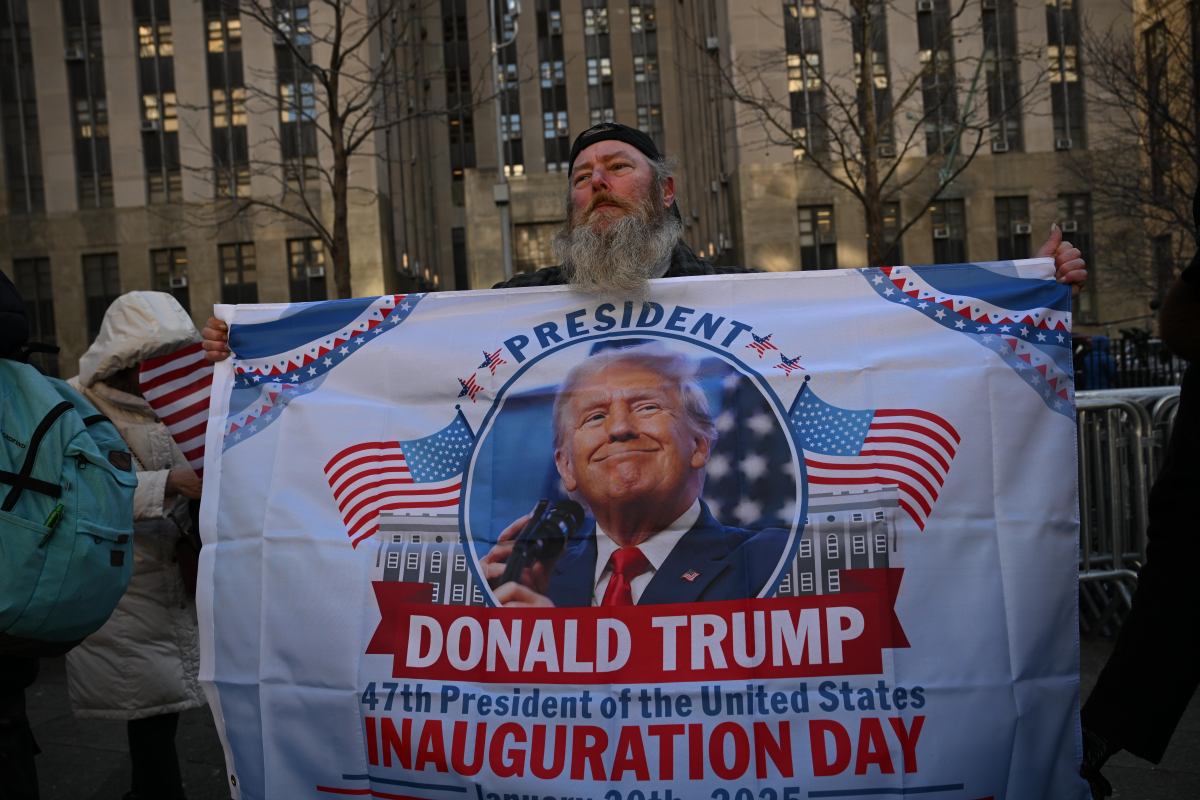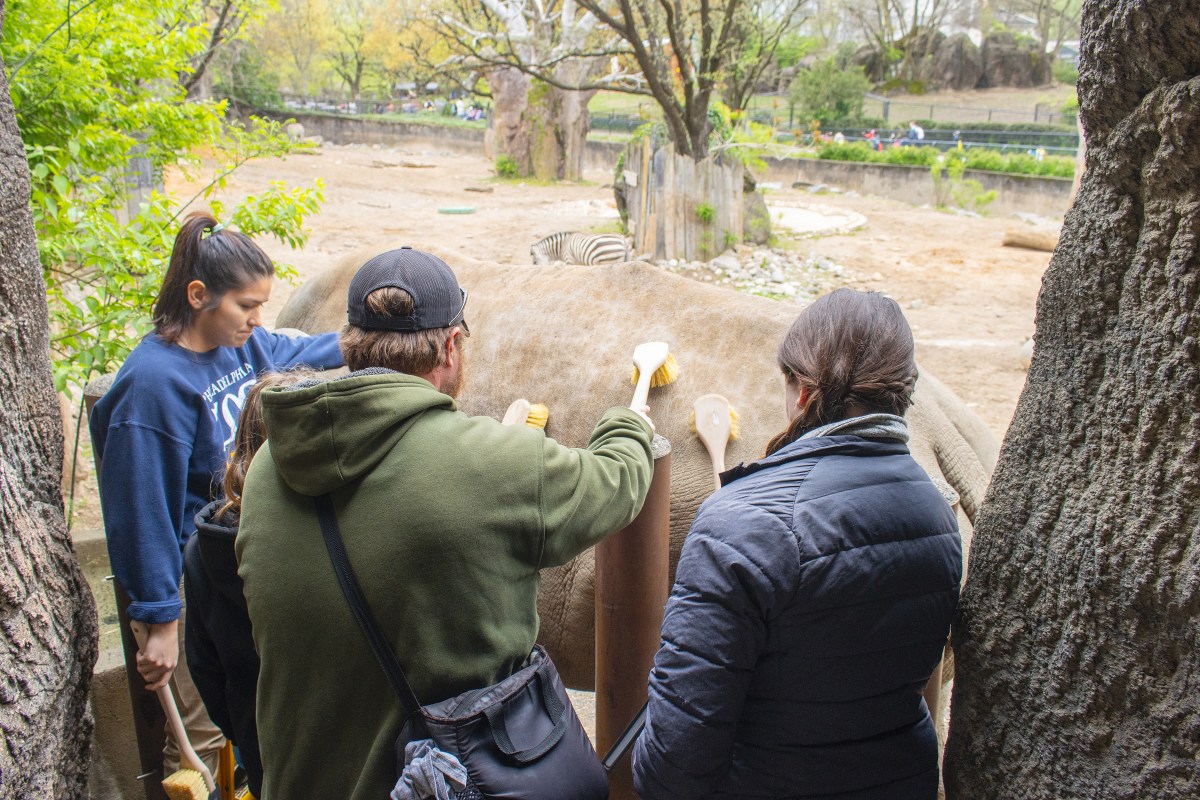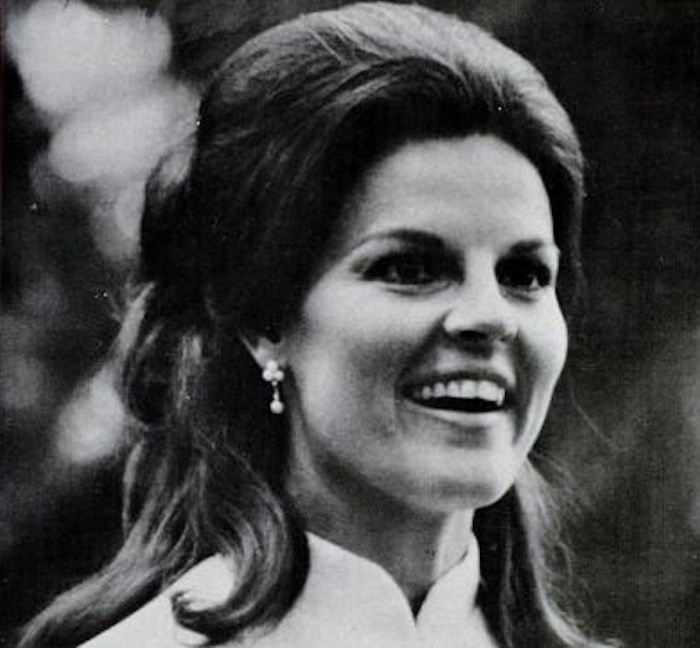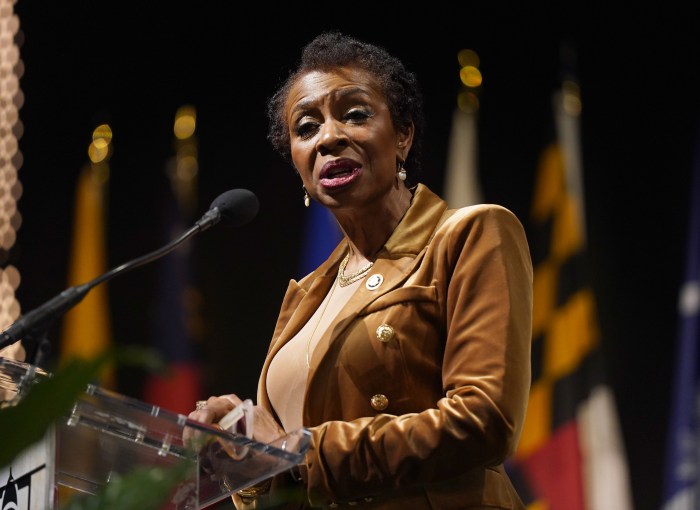KUALA LUMPUR (Reuters) – Asia-Pacific leaders called on Thursday for open and multilateral trade to support a global economy battered by the coronavirus pandemic and some hoped for more engagement with the United States under a Joe Biden administration.
Chinese President Xi Jinping, among the leaders at a virtual meeting of the 21-member Asia-Pacific Economic Cooperation (APEC) forum, rejected protectionism and said globalisation was “irreversible”, a day before U.S. President Donald Trump was expected to join the gathering.
“We will not reverse course or run against historical trend by ‘decoupling’ or forming a small circle to keep others out,” Xi said at a forum ahead of the APEC leaders’ meeting to be held virtually in Kuala Lumpur on Friday.
“China will remain committed to openness and cooperation, and adhere to multilateralism and the principle of extensive consultation, joint contribution and shared benefits.”
Xi said “mounting unilateralism, protectionism and bullying as well as backlash against economic globalisation” had added to risks and uncertainties in the world economy.
Trump introduced protectionist trade policies after coming to power in 2017, including tariffs on billions of dollars worth of Chinese products that launched a trade war between the world’s two largest economies.
The APEC leaders’ meeting comes two weeks after Trump lost his bid for a second term.
Trump, who has yet to concede and begin a transfer of government to President-elect Biden, was due to represent the United States at the virtual summit on Friday, a U.S. official said. The only time he has joined an APEC summit was in 2017.
Biden has signalled a return to multilateralism pursued during Barack Obama’s presidency, though questions remain over whether the new president would reverse Trump-era policies.
‘MORE SUPPORTIVE’
Singapore Prime Minister Lee Hsien Loong told the APEC forum he expected “more multilateralists” in the Biden administration with more support for the bloc and the WTO.
“I am not sure that they will be more keen on throwing the doors wide open, or joining the CPTPP, because that depends on domestic politics too,” he said, referring to the successor to the Trans-Pacific Partnership (TPP) trade pact.
Lee also said U.S. trade policies under Trump had caused “very slow” progress in APEC.
Canadian Prime Minister Justin Trudeau said Biden had said the right things in positioning a “very present United States” in dealing with multilateralism, climate change and other global issues.
Trump’s “America First” approach saw the United States withdrawing from the TPP in 2017. It has since changed its name to the Comprehensive and Progressive Agreement for Trans-Pacific Partnership (CPTPP).
The United States is also absent from the world’s largest free-trade bloc, the Regional Comprehensive Partnership Agreement (RCEP) – a 15-nation pact backed by China that was signed last week.
Trudeau said Canada was closely watching the RCEP deal, which he said was going to be a game changer in Asia, to see how China behaves as part of the trade deal.
He also reiterated Canada’s disappointment with China for detaining two of its citizens after Huawei’s chief financial officer was arrested in Canada on a U.S. warrant almost two years ago. He asked countries to stand up against China’s “coercive diplomacy”.
The APEC meeting on Friday will be the first in two years after last year’s summit in Chile was cancelled due to violent protests.
At the last meeting in 2018, the countries failed to agree on a joint communique, the first time in the bloc’s history, as the United States and China stood at opposing ends of talks on trade and investments.
(Additional reporting by Kevin Yao and Lusha Zhang in Beijing; Writing by A. Ananthalakshmi; Editing by Robert Birsel and Nick Macfie)

